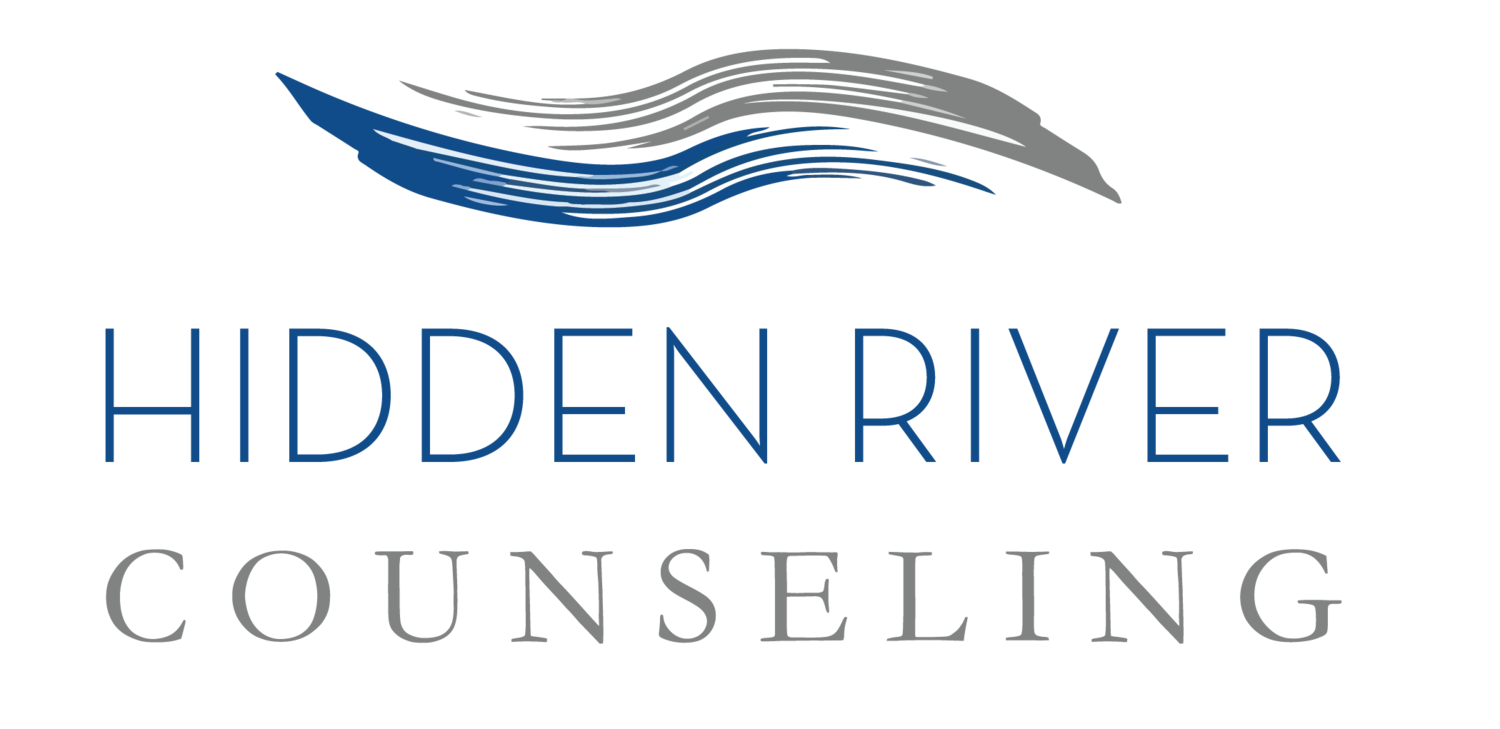Your Brain on Anger
/Anger is a universal experience. Everyone on earth has to learn how to deal with anger, and hopefully we can do so before harming those around us or jeopardizing our livelihoods. Anger is often the culprit of doing and/or saying things that we regret, things that cost of our relationships, jobs, and even our happiness. The question is, why is it so hard to control our anger. The answer is more neurological then you might think.
Think of anger on a scale of 1-10, with 1 being little-to-no anger, and 10 being the angriest you have ever been in your life. There is a threshold around a 7, that when crossed, our cognitive functioning is impaired. More specifically, our frontal cortex, the place where we make logical and rational decisions, begins to shut down. When our frontal cortex shuts down, our IQ literally decreases (by an average of 20 points) and we revert back to reliance upon the midbrain. The midbrain is where our animal instincts exist. We have very few healthy options when we are relying on our midbrain. We have all watched enough Discovery Channel to know how effective animals are at resolving conflict to know that this is not ideal for the relationships that mean the most to us.
In our relationships, when we unknowingly cross this anger threshold, we handicap our conflict resolution skills and make decisions that are based on primal “fight or flight” instincts. This almost always causes damage to the relationships in our lives. We must work to increase our anger awareness to avoid unknowingly engaging in conflict with an impaired brain. In order to do so, we have to work to build our awareness of what 1-6 looks like for us on the anger scale. If we can catch our anger early before we reach the point of no return at a 7, we can more healthily engage in and resolve the inevitable conflict relationships encounter and avoid unnecessary damage to those around us.

